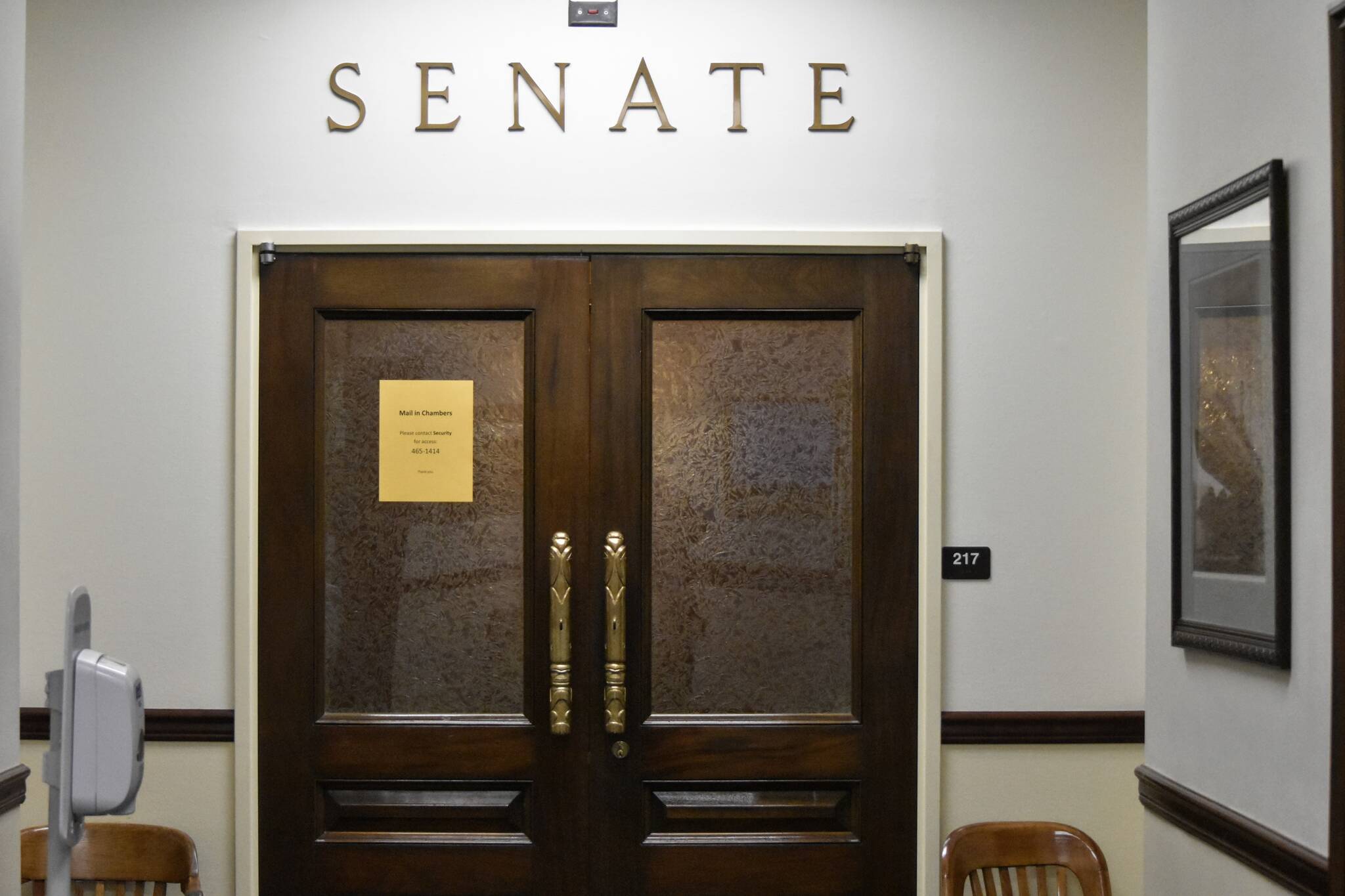The Alaska Senate last week unanimously rejected a proposal that would raise the annual salary for lawmakers but place new restrictions on the daily allowance that they can receive.
Senators raised concerns that the plan would limit who could afford to serve in the Legislature and create balance of power issues.
The Alaska State Officers Compensation Commission proposed raising the base salary from $50,400 a year to $64,000 but capping at $100 a day the allowance lawmakers can receive during regular sessions and requiring receipts for reimbursement.
The commission proposed that lawmakers would be eligible for a state employee per diem rate for special sessions called by a governor, which the panel’s report said would entitle them to lodging, $60 a day for meals and incidentals under current rates. Lawmakers would not be entitled to per diem for any special sessions they called themselves.
Lawmakers currently are entitled to an allowance of $307 a day, based on a federal rate, according to Jessica Geary, executive director of the Legislative Affairs Agency. Per diem can’t be claimed by a legislator if the session is held within 50 miles of their primary home. That means the three lawmakers from Juneau aren’t entitled to per diem during sessions in the capital city.
The allowance is intended to help with costs related to living part of the year in Juneau.
The compensation commission proposal was part of a larger package that also recommended pay increases for the lieutenant governor and state department heads. Gov. Mike Dunleavy had declined a pay increase for his position, the commission said.
Under state law, the recommendations are adopted unless a bill rejecting them is enacted within 60 days after they are submitted. The recommendations were submitted Monday, said Kate Sheehan, the commission secretary and director of the state Division of Personnel and Labor Relations.
The commission is tasked with reviewing salaries, allowance and benefits for lawmakers, the governor, lieutenant governor and department heads.
The bill rejecting the recommendations, which was introduced last week on Tuesday and passed the Senate 20-0 on Wednesday, next goes to the House.



